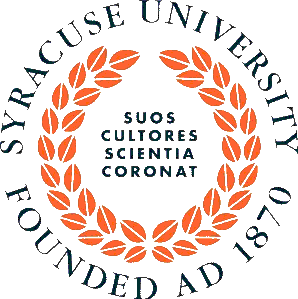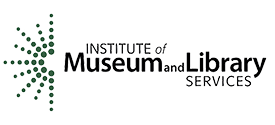Educating for Innovation
While most innovation programs and activities are considered "informal learning," young innovators often lack some of the basic knowledge and skills, such as STEM-related inquiry and research skills, that support the innovation process. All are related to concepts, principles, skills and/or processes important to successful innovation and are intended to foster curiosity, imagination and critical thinking for innovation creation.
The items contained in this database include lesson plans, session plans, learning activities and thinking challenges. Each contains most or all of the following information: intended grade level(s), overview, connected discipline, standards, collaborator, time required, number of sessions, anticipated learning outcomes, required resources, sequenced content and activities, modifications, assessments, and credits. The resources in this database are searchable by STEM Subject, Keyword, Grade Level and/or Resource Type.
RESOURCE TYPES
Lesson Plans: descriptions for delivering an innovation-related, K-12 lesson intended for a school library, classroom or other educational setting. These lesson plans, as well as the learning activities and thinking challenges (see below) were developed as part of our Libraries as Innovation Spaces project. Each plan is linked to a related learning activity.
Session Plans: descriptions for delivering a session intended to be part of a larger program for young children (K-3) in a public library setting entitled Inspiring Invention Through Stories. The session plans included the 24 session plans from our Literacy-Innovation project. They were designed by a team of instructional designers, teachers and librarians. Each session plan links to a variety of related resources, providing everything needed to successfully deliver each session.
Learning Activities: descriptions of activities that were designed as a discrete part of a lesson (link is provided) but also can be used as a stand-alone, independent exercise that focuses on specific content or skills. They are suitable for any K-12 learning setting.
Thinking Challenges: activities that are intended to be a stand-alone activity, either instructor-led or used independently. There are four types of thinking challenges, including Divergent, Open-Ended, Curiosity-Provoking and Games. They are suitable for any K-12 learning setting.
SUBJECT
|
|
The Innovation Destination
The Innovation Destination was designed and evaluated by a team from the Center for Digital Literacy at the School of Information Studies, Syracuse University and developed by Data Momentum Inc, in partnership with the Connecticut Invention Convention, By Kids for Kids, New York On Tech, and over 70 school librarians and young innovators.
This site has been serving the youth invention community from 2015 - present.





